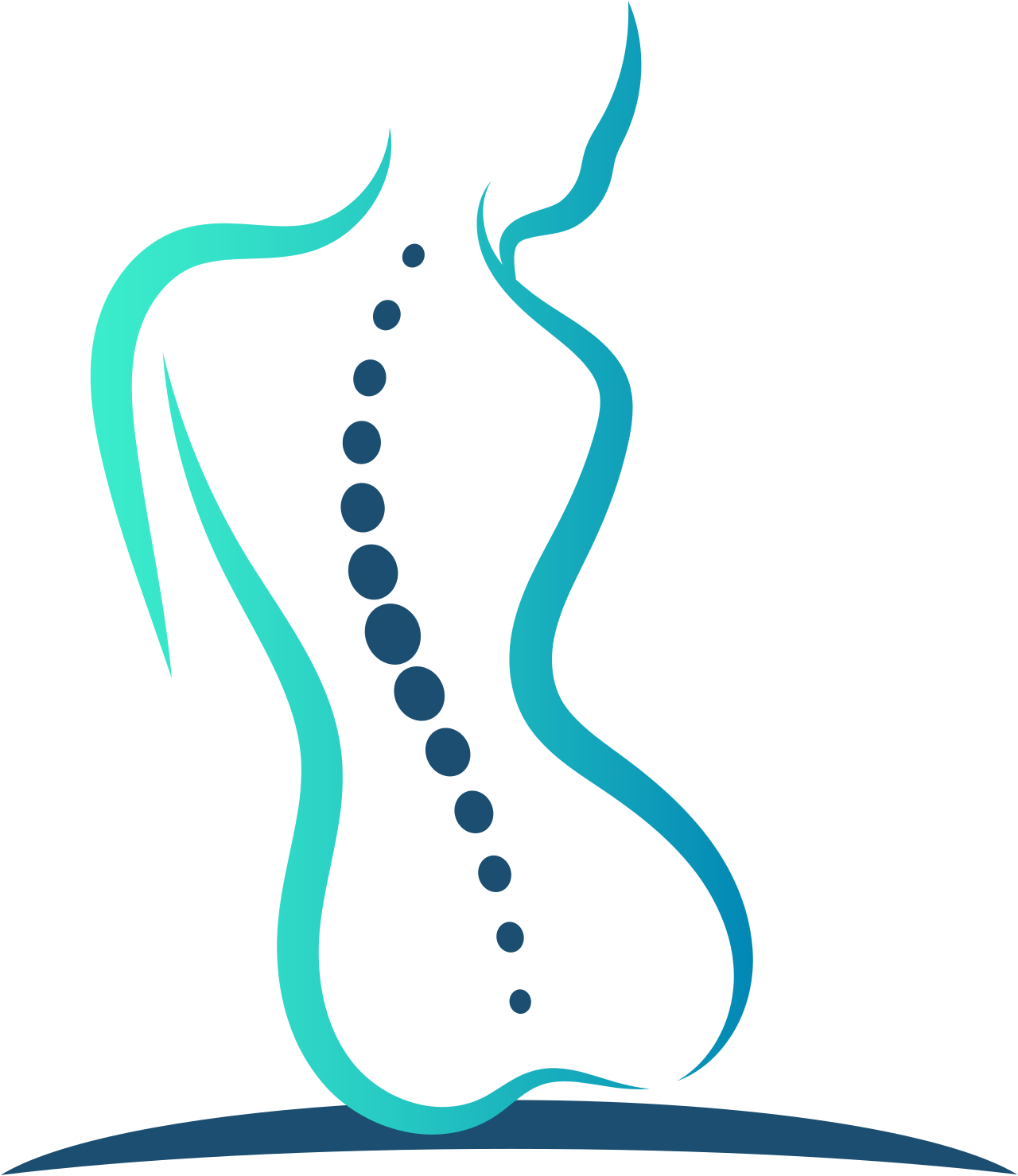Will muscle relaxers help a pinched nerve in the back?
If you’ve experienced the sharp, radiating pain of a pinched nerve in your back, you’re likely familiar with how it can disrupt your daily life. The search for relief often leads to questions about treatments, and one common inquiry is, “Can a muscle relaxer help a pinched nerve?” This blog post dives into the connection between muscle relaxers and pinched nerves, explaining causes, treatment options and expert recommendations to help you make informed decisions about managing your pain.
Understanding pinched nerves in the back
A pinched nerve occurs when a nerve is compressed by surrounding tissues—such as bone, muscle or cartilage. This compression disrupts the nerve’s function, often resulting in pain, numbness, tingling or weakness. While pinched nerves can occur anywhere in the body, they are especially common in the back due to the complex network of nerves and spinal structures.
Common causes of pinched nerves in the back include:
Herniated discs: When the soft center of a spinal disc pushes through its outer layer and presses on a nerve.
Bone spurs: Overgrowth of bone, often due to arthritis, that can compress nearby nerves.
Muscle tightness: Tense or overused muscles can apply pressure to nerves.
Spinal stenosis: A narrowing of the spaces within the spine, putting pressure on nerves.
Poor posture: Prolonged slouching or improper lifting techniques can aggravate the spine and surrounding structures.
A proper diagnosis is essential to determine the underlying cause and the best course of action for treatment.
How muscle relaxers work to alleviate pain
Muscle relaxers are a class of medications designed to reduce muscle spasms and tension by acting on the central nervous system. They are often prescribed for acute back pain and related conditions, but can they effectively address a pinched nerve?
When a nerve is compressed, the surrounding tissue often becomes inflamed or irritated. This can lead to muscle spasms that exacerbate the pain and discomfort caused by the pinched nerve. Muscle relaxers work by reducing these involuntary contractions, alleviating pressure, and providing temporary relief from pain.
Types of muscle relaxers commonly prescribed for back pain:
Baclofen – Reduces muscle spasms by interfering with nerve signals to the muscles.
Cyclobenzaprine (Flexeril) – Promotes relaxation by acting on specific areas of the brain.
Tizanidine (Zanaflex) – Often used for muscle spasticity related to nerve-related injuries.
While muscle relaxers target the symptoms rather than the root cause of a pinched nerve, they can be helpful as part of a broader treatment plan.
Benefits and risks of using muscle relaxers for pinched nerves
Benefits:
Pain relief: By calming muscle spasms, muscle relaxers can provide short-term relief, making everyday activities more manageable.
Improved mobility: With reduced pain, patients may regain some range of motion in their back.
Better sleep: Muscle relaxers can also help ease nighttime discomfort, contributing to better rest and recovery.
Risks:
Side effects: These may include dizziness, drowsiness, dry mouth or fatigue, limiting daytime functionality.
Dependency: Long-term use can lead to dependence, so these should only be used as prescribed.
Limited focus: Muscle relaxers treat the muscular symptoms but do not address the underlying nerve compression.
It’s important to discuss the risks and benefits with a healthcare professional before taking muscle relaxers, especially for chronic or recurring pinched nerve pain.
Alternative treatments for pinched nerves
While muscle relaxers can provide some relief, they’re not always sufficient to fully resolve the issue. A comprehensive approach often involves combining several treatments, which may include:
Physical therapy:
Working with a physical therapist can improve posture, strengthen the muscles surrounding the spine, and reduce the likelihood of future nerve compression.
Anti-inflammatory medications:
Over-the-counter or prescription medications such as ibuprofen can help reduce inflammation and alleviate pressure on the affected nerve.
Heat and ice therapy:
Alternating between heat and cold application can help soothe inflammation, relax tight muscles and improve circulation.
Steroid injections:
Corticosteroid injections near the affected nerve may reduce swelling and provide long-term relief from pain.
Lifestyle changes:
Improving posture, maintaining a healthy weight and adopting low-impact exercises like yoga or swimming can support long-term spinal health.
Expert opinions and recommendations for pinched nerve pain
At DFW Interventional Pain Institute, Dr. Edrick Lopez and our team have extensive experience in managing pain related to pinched nerves. While muscle relaxers may be a useful part of treatment, Dr. Lopez emphasizes the importance of addressing the root cause of the nerve compression.
If you’re unsure whether muscle relaxers are right for you, consulting with a specialist like Dr. Lopez can provide clarity and guide you toward the treatment option that best suits your condition and goals.
If you're suffering from pinched nerve pain, DFW Interventional Pain Institute can help
Living with back pain from a pinched nerve doesn’t have to be your norm. While muscle relaxers may provide temporary relief, a comprehensive and targeted treatment plan can help you achieve lasting comfort and mobility.
If you’re dealing with a pinched nerve, contact us at DFW Interventional Pain Institute today to schedule a medical evaluation and explore your options for relief. Our compassionate team is dedicated to helping you live your best life—pain-free.

